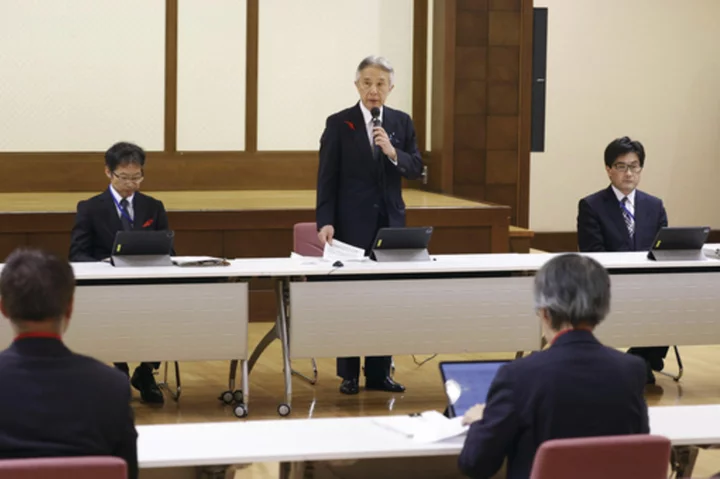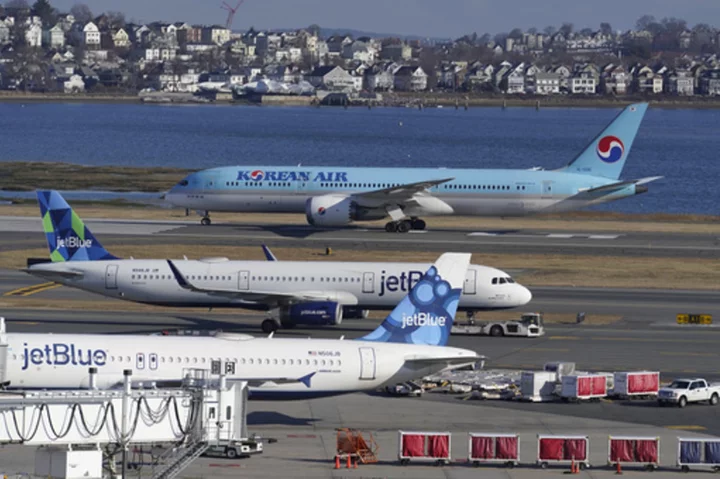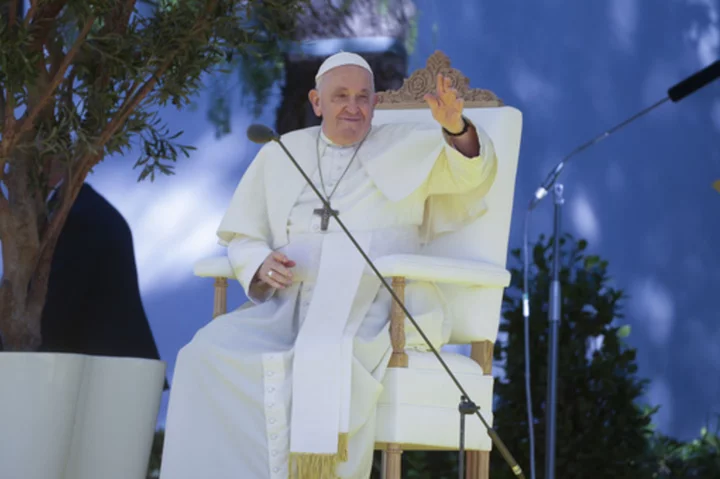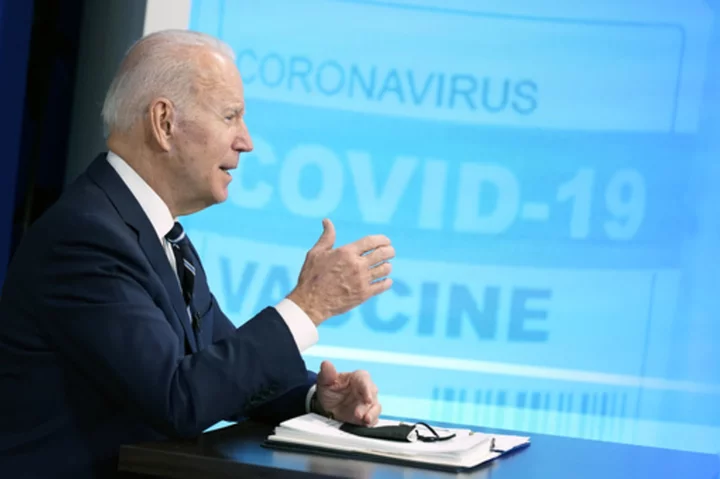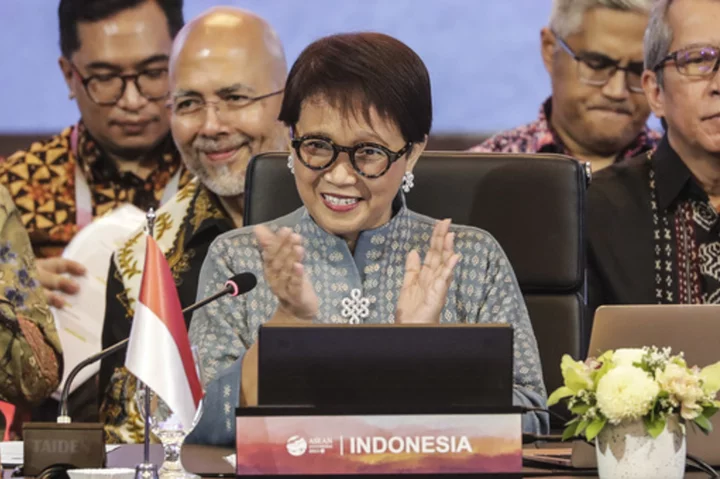TOKYO (AP) — Japan’s government is convening a religious affairs council on Thursday to ask experts to decide whether to seek a court order to revoke the legal status of the Unification Church. The church's fundraising tactics and cozy ties with the governing party have triggered public outrage.
Prime Minister Fumio Kishida's government has taken tough stance in a perceived move to shore up support, hurt by his governing Liberal Democratic party's decades-long ties with the South Korea-based church that surfaced in the investigation of former leader Shinzo Abe’s 2022 assassination.
The alleged Abe killer told police that his motive was the former prime minister’s link to the church that had bankrupted his family due to his mother’s excessive donations.
Education Minister Masahito Moriyama told experts on the panel in his opening remarks that his ministry, if endorsed by the panel, hopes to file for a court approval to strip the church's legal status.
If the panel endorses the step, the ministry is expected to file for a court approval as early as Friday, according to Japanese media. If the legal status is stripped, the church would lose its tax exemption privilege as a religious organization but can still operate.
If approved, the church will be the first to lose its legal status under a civil code violation. Two earlier cases involved criminal charges — the Aum Shinrikyo doomsday cult, which was behind a sarin nerve gas attack on the Tokyo subway, and the Myokakuji group, whose executives were convicted of fraud.
Moriyama said his ministry has reached its conclusions after interviewing 170 victims of the church's alleged fundraising and other problems. The ministry held several hearings and said the church failed to respond to dozens of questions during them.
The Unification Church, founded in South Korea in 1954 by Sun Myung Moon, obtained legal status as a religious organization in Japan in 1968 amid an anti-communist movement supported by Abe’s grandfather, former Prime Minister Nobusuke Kishi.
Since the 1970s, the church has been accused of devious business and recruitment tactics, including brainwashing members into making huge donations to Moon, often ruining their finances and families. It has faced hundreds of civil lawsuits and acknowledged excessive donations but says the problem has been mitigated for more than a decade. It recently pledged further reforms.
Experts say Japanese followers are asked to pay for sins committed by their ancestors during Japan’s 1910-1945 colonial rule of the Korean Peninsula, and that the majority of the church’s worldwide funding comes from Japan.

